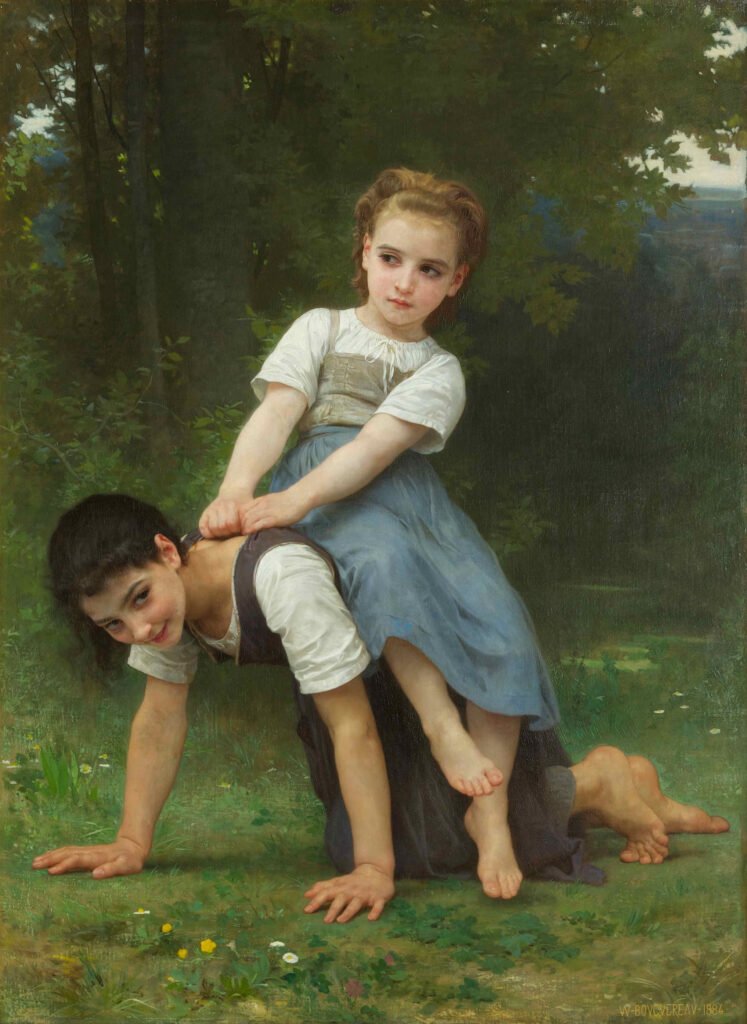“But what about their social life?” Did anyone you know ask you this common question when you told them you decided to homeschool? Did you worry about it yourself? I know in the beginning I did! Being driven by this fear, the first couple of years I had my young children involved in every extracurricular activity possible. I nearly burned out and killed myself before I realized the absurdity of these concerns. Let me alleviate your fears and set your heart at peace by addressing some of the common myths versus the reality surrounding socialization in homeschooling.
Myth 1: Homeschoolers Are Isolated and Lack Friends
Reality:
Do you ever have well-meaning friends who are shocked when you happen to mention that your homeschooled child is headed to another Friday night party? The idea that homeschoolers are isolated is one of the most common misconceptions. In reality, most homeschooling families are actively involved in homeschool communities. They participate in co-ops, sports teams, theater, choir, church groups, and various extracurricular activities that allow children to interact with peers. Homeschoolers often form friendships with children of different ages, not just those in their age group, which can lead to stronger social skills and maturity. My children have formulated deeply connected meaningful friendships within these homeschooling circles.
In fact, research has shown that homeschoolers are often more engaged in their communities than their traditionally schooled peers. Homeschoolers often participate in a variety of social activities outside the home, which can include everything from volunteering and part-time jobs to music classes and sports.
Myth 2: Homeschoolers Don’t Learn How to Navigate Social Situations
Reality:
Critics argue that because homeschoolers aren’t exposed to the same daily social dynamics of a traditional school, they may struggle to navigate social situations. However, many homeschooling families emphasize teaching social skills directly through real-world experiences. Rather than learning about social norms in a classroom, homeschoolers often engage with people of all ages, learning to interact respectfully with both peers and adults.
For example, homeschooling allows for field trips to museums, community centers, and local businesses, where children learn how to interact with a wide range of individuals. Additionally, many homeschoolers participate in group learning environments like co-ops or collaborative classes, where they work together on projects and engage in discussions on a regular basis.
Myth 3: Homeschoolers Miss Out on Important Social Milestones
Reality:
Traditional school events like prom, school dances, or graduation ceremonies are often seen as pivotal social milestones. While it’s true that homeschoolers might not experience these in the same way, many homeschool communities create their own versions of these events. Homeschool groups often organize proms, graduation ceremonies, talent shows, plays, and sports leagues, providing opportunities for students to celebrate milestones with their peers.
Moreover, homeschooling allows for a greater focus on developing emotional intelligence and self-confidence in a less competitive environment. Without the pressure of school social hierarchies, many homeschooled children have the opportunity to build their confidence and pursue friendships based on shared interests, rather than navigating cliques and peer pressure.
Myth 4: Homeschooling Prevents Exposure to Diversity
Reality:
Some people worry that homeschooled children are not exposed to the same diversity as those in public schools, potentially limiting their worldview. However, many homeschooling families make a conscious effort to expose their children to diverse ideas, cultures, and communities through travel, community events, and a wide range of extracurricular activities.
Homeschoolers often have the flexibility to travel during off-peak times, allowing them to explore different regions, countries, and cultures. Additionally, many homeschooling families choose to study world cultures, religions, and history in depth, providing children with a broad understanding of the world around them. By participating in activities like volunteering or cultural festivals, homeschooled children often have the chance to interact with people from various backgrounds.
Myth 5: Homeschoolers Won’t Be Prepared for the “Real World”
Reality:
A common concern is that without exposure to the structure of a traditional school day, homeschoolers won’t be prepared for college or the workforce. However, the flexibility of homeschooling can actually help children develop strong time-management and self-motivation skills. Homeschooled students often take a more active role in their education, learning to set goals, manage their schedules, and pursue their interests with passion.
Studies have shown that homeschoolers often perform well in college, both academically and socially. Homeschooled students tend to adapt well to the structure and expectations of higher education. Additionally, many colleges and universities actively recruit homeschooled students for their self-directed learning skills and maturity. Because homeschooled youth are used to making their own decisions, this often lends itself to more creative pursuits, innovative thinking, entrepreneurship, and being natural leaders in the community and business.
Conclusion: A Balanced View of Socialization in Homeschooling
The idea that homeschoolers are socially disadvantaged is largely a myth. In reality, homeschooling provides a different kind of socialization—one that is often rich with real-world experiences, diverse interactions, and meaningful relationships. By focusing on quality over quantity, homeschoolers can develop deep social skills that serve them well throughout life. Rather than being isolated, many homeschooled children are part of a vibrant, supportive community that nurtures their growth, both academically and socially.
Homeschooling parents have the opportunity to create a social environment tailored to their children’s needs, allowing them to thrive in ways that go beyond the traditional classroom. While it’s true that homeschooling requires intentionality in building social experiences, the freedom and flexibility it offers can create a deeply fulfilling educational journey for children and families alike and provide opportunities not found anywhere else.

